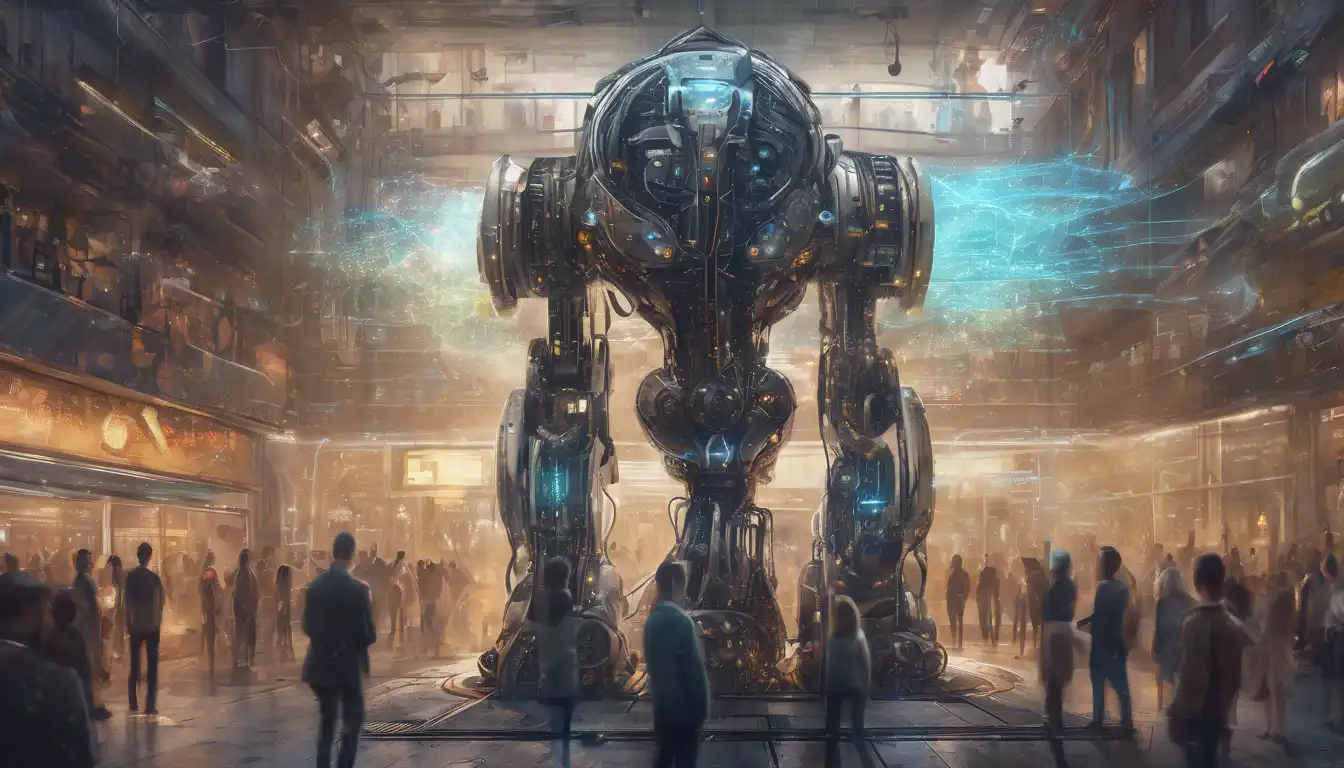The Role of Machine Learning in Enhancing Recommendation Systems
In today's digital age, recommendation systems have become a cornerstone of user experience across various platforms. From streaming services like Netflix to e-commerce giants like Amazon, machine learning (ML) is the driving force behind the personalized recommendations that users have come to expect. This article explores how machine learning powers these systems, making them more efficient and accurate over time.
Understanding Recommendation Systems
Recommendation systems are algorithms designed to suggest relevant items to users based on various data points. These can include past purchases, browsing history, and user ratings. Machine learning enhances these systems by analyzing vast amounts of data to identify patterns and predict user preferences with remarkable accuracy.
Types of Machine Learning in Recommendations
There are primarily two types of machine learning models used in recommendation systems:
- Collaborative Filtering: This method makes recommendations based on the preferences of similar users. It's like getting a book recommendation from a friend who shares your taste in literature.
- Content-Based Filtering: This approach recommends items similar to those a user has liked in the past. For example, if you've watched several sci-fi movies, the system will suggest more titles from the same genre.
Advanced systems often combine these methods to improve recommendation quality, a technique known as hybrid filtering.
The Impact of Machine Learning
Machine learning not only personalizes recommendations but also adapts to changing user preferences over time. By continuously learning from new data, ML algorithms can refine their predictions, ensuring that recommendations remain relevant. This dynamic adaptability is what sets machine learning-powered systems apart from traditional recommendation engines.
Challenges and Solutions
Despite their effectiveness, machine learning-based recommendation systems face challenges such as data sparsity and the cold start problem (difficulty in making recommendations for new users or items). Innovations like deep learning and reinforcement learning are being explored to overcome these hurdles, further enhancing the capabilities of recommendation systems.
For more insights into how AI and machine learning are transforming industries, check out our related articles.
Conclusion
Machine learning is revolutionizing recommendation systems by making them more personalized, accurate, and efficient. As technology advances, we can expect these systems to become even more sophisticated, further enriching user experiences across digital platforms. The future of recommendations lies in the continuous evolution of machine learning algorithms and their ability to understand and predict human preferences with unprecedented precision.
